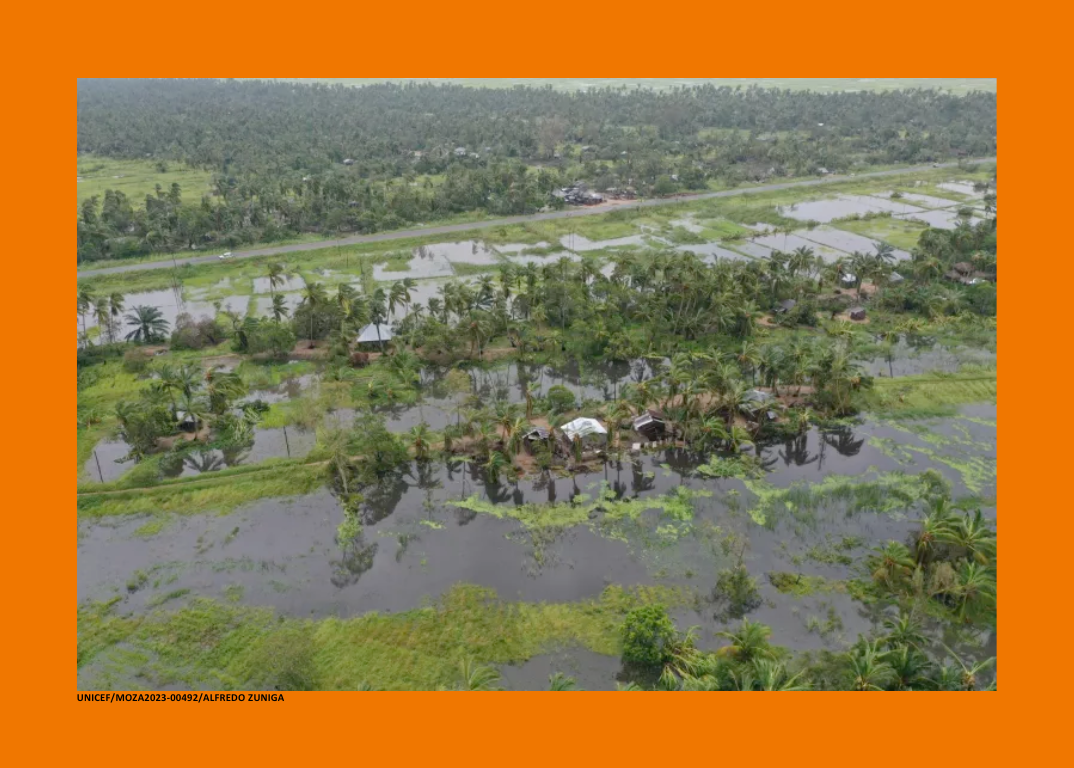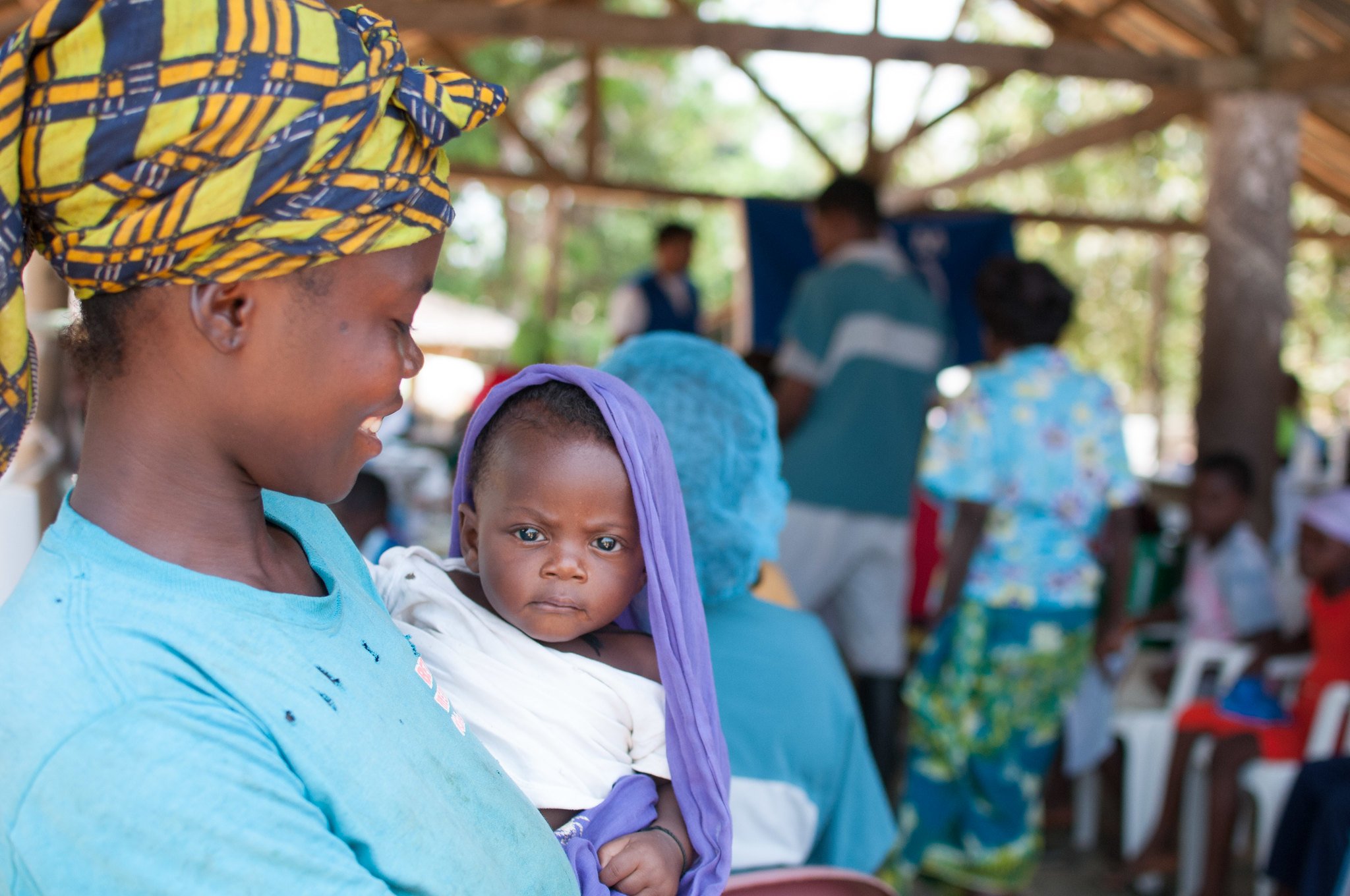Latest news
Stay up to date on the latest activities and publications from hera
Archive
- 2023
- 2024
- Aarti Patel
- Accountability
- Afghanistan
- Africa
- Alejandra Martinez
- Algeria
- Alice Behrendt
- Alice Peschiutta
- Angola
- Anne Buve
- Argentina
- Asia Pacific
- Assessment
- Bangladesh
- Basic Health Services / Primary health care
- Behaviour Change Communication
- Belize
- Benin (Dahomey)
- Botswana
- Cabo Verde
- Calvin Tonga
- Caribbean
- Central Asia
- Chad
- Child Protection
- Children
- Cholera
- Climate change
- Communicable diseases (CD)
- Community Engagement
- Community Health Workers
- Comoros
- Costing studies
- Country Capacity
- Covid-19
- Crisis Management
- Côte d'Ivoire
- DRC
- Demand side financing
- Development
- Development Cooperation
- Dia Timmermans
- Dijbouti
- Drug Pricing
- Drug Regulatory Authority
- Ecuador
- Ed Vreeke
- Education

Evaluation of UNICEF’s Response to the L2 Cholera and Floods Emergency in Malawi and Mozambique
In 2023, Malawi and Mozambique faced a double blow of natural disasters and public health crises. The devastation caused by Cyclone Freddy, coupled with a severe cholera outbreak, left communities grappling with loss, destruction, and a lack of basic services. In response, UNICEF activated its Level 2 Corporate Emergency Activation Procedure (CEAP) to address the urgent needs of those affected. A recent evaluation by hera sheds light on the effectiveness and impact of UNICEF’s response to these concurrent emergencies, offering critical insights for future humanitarian efforts.

Update on the Spotlight Initiative Mid - Term Assessment: Eliminating all forms of violence against women and girls
In October 2020, hera was awarded a two-year contract with UN WOMEN for the Mid-Term Assessment of the Spotlight Initiative, a multi-year initiative between the European Union (EU) and the United Nations (UN), focused on eliminating all forms of violence against women and girls (VAWG).

Summative evaluation of the WHO Rapid Access Expansion (RAcE) Initiative
In 2012 the government of Canada provided a grant to the WHO Global Malaria Programme (GMP) to support the scale-up of the diagnosis and treatment of children with pneumonia, diarrhoea and malaria by Community Health Workers, an approach known as integrated community case management (iCCM). The six-year programme, labeled the Rapid Access Expansion (RAcE) initiative, distinguished itself from other internationally funded iCCM programmes by aiming to achieve universal health coverage for all children in hard-to-reach areas within selected geographic boundaries.

SADC Feasibility Study on Regional Manufacturing of Medicines and Health Commodities
Assess the feasibility of the local production of essential medicines especially those related to the three communicable diseases, namely HIV and AIDS, TB and Malaria as well as the production of health commodities for the three diseases.
